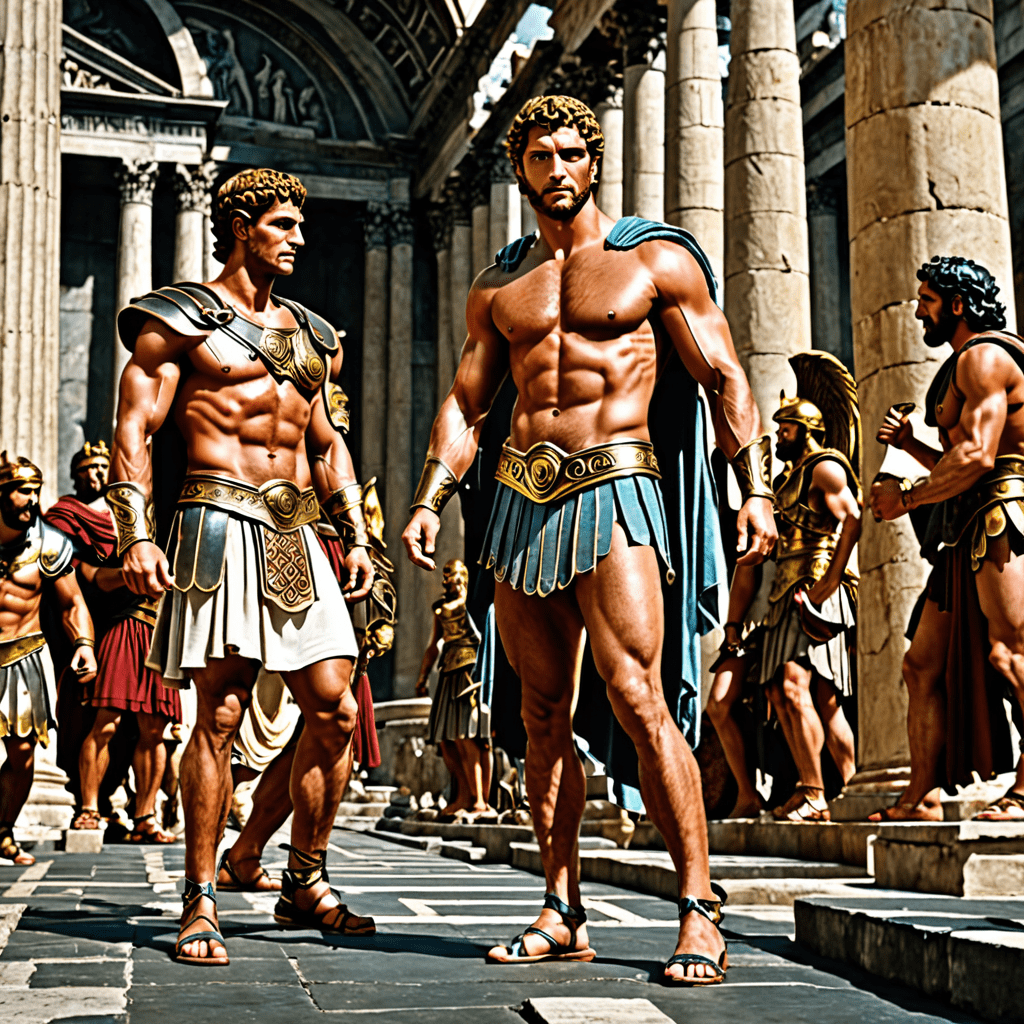Roman Mythology: Tales of Power and Influence
Understanding Roman Mythology
Roman mythology plays a vital role in understanding the ancient civilization of Rome. With its vast pantheon of gods, goddesses, heroes, and mythical creatures, Roman mythology reflects the beliefs, values, and rituals of the Roman people. Deities like Jupiter, Neptune, Venus, and Mars symbolized various aspects of life, nature, and society, embodying power and influence in different domains.
Mythical Stories of Power
Roman mythology is replete with tales of power and influence, often centered around the divine beings who shaped the destiny of mortals. Stories of gods engaging in epic battles, engaging in deceitful schemes, and bestowing blessings or curses offer insights into the Roman worldview. For example, the myth of Romulus and Remus, the founders of Rome nurtured by the she-wolf, illustrates the city’s legendary origins and the enduring theme of ambition and power.
Representation of Influence in Roman Society
The narratives of Roman mythology extended beyond the realm of gods and heroes to inform social and political structures. Emperors and rulers often associated themselves with divine figures from mythology to legitimize their power and influence. The deification of emperors like Julius Caesar and Augustus reflected the convergence of politics and mythology in solidifying authority and control over the Roman populace.
Legacy of Roman Mythology
Even though the worship of Roman gods has waned, the legacy of Roman mythology endures in art, literature, and popular culture. From Renaissance masterpieces depicting mythological scenes to contemporary films and novels reimagining ancient tales, the influence of Roman mythology reverberates through the ages. By exploring these enduring stories of power and influence, we gain a deeper appreciation of the human quest for meaning, significance, and transcendence.
FAQs about Roman Mythology: Tales of Power and Influence
What is Roman Mythology?
Roman Mythology refers to the collection of traditional stories, beliefs, and legends held by the ancient Romans. These myths often revolved around powerful gods and goddesses, epic heroes, and influential figures that shaped the Roman civilization.
Who were some key figures in Roman Mythology known for their power and influence?
Some prominent figures in Roman Mythology known for their power and influence include Jupiter (king of the gods), Juno (queen of the gods), Mars (god of war), Minerva (goddess of wisdom), and Venus (goddess of love and beauty).
What are some famous tales from Roman Mythology that highlight power and influence?
One of the most famous tales is the story of Romulus and Remus, the twin brothers who founded the city of Rome. The myth of Aeneas, a Trojan hero who became the ancestor of the Romans, also showcases themes of power and influence in Roman Mythology.
How did Roman Mythology influence Roman society and culture?
Roman Mythology played a significant role in shaping various aspects of Roman society, including religious practices, art, literature, and politics. The beliefs in gods and goddesses served as moral guides and influenced the behavior and decisions of the Roman people.





